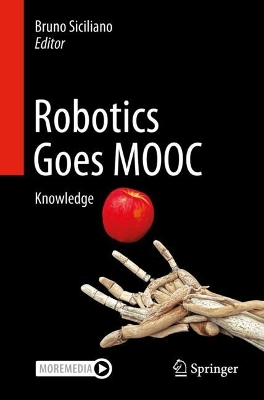International Perspectives on Teaching and Learning Mathematics with Virtual Manipulatives
 -15%
portes grátis
-15%
portes grátis
International Perspectives on Teaching and Learning Mathematics with Virtual Manipulatives
Moyer-Packenham, Patricia S.
Springer International Publishing AG
05/2018
345
Mole
Inglês
9783319813530
15 a 20 dias
5387
















